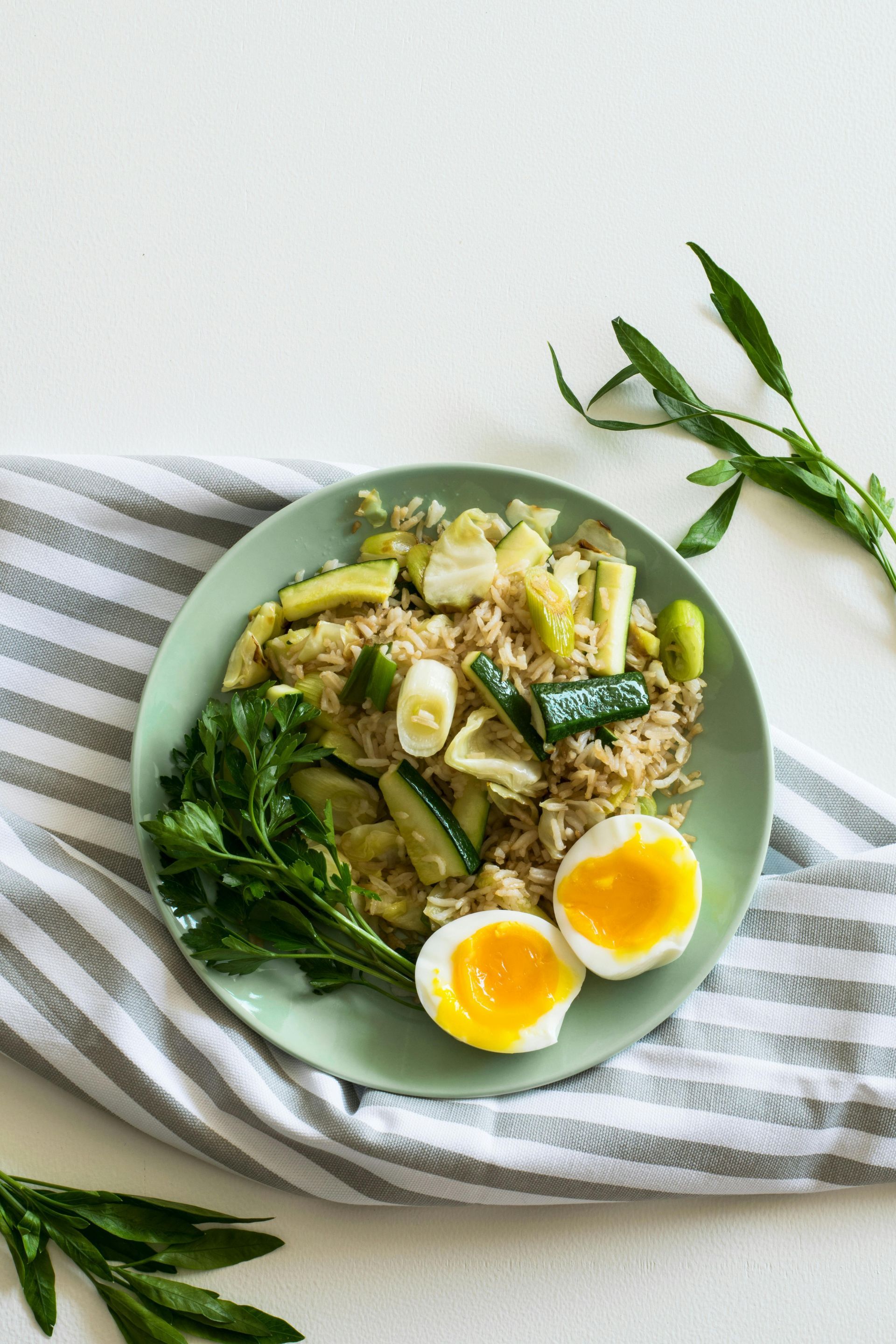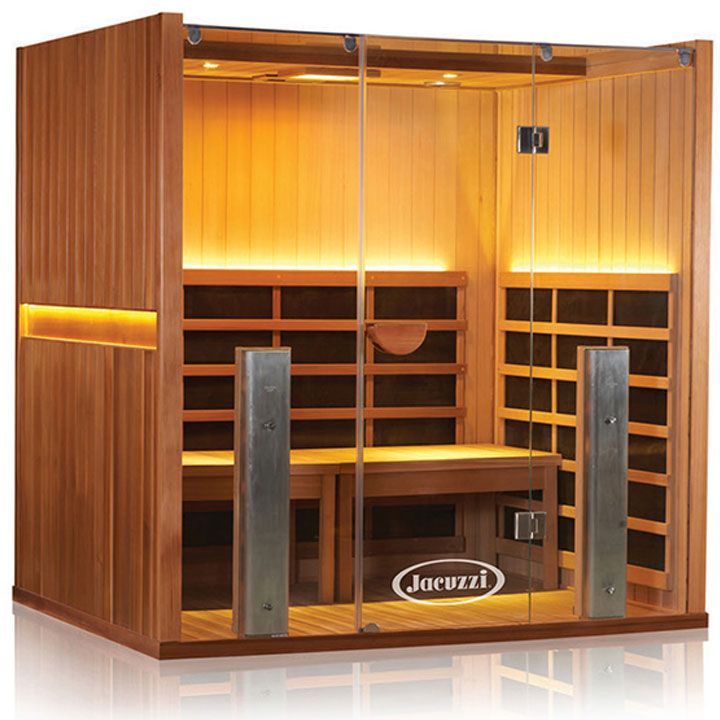CrossFit and Bootcamp
Classes in Winter Park & Orlando, FL
CrossFit Winter Park
Health. Happiness. Performance.
We provide a fun, safe and inclusive environment for people of all levels.
The Best CrossFit & Bootcamp Gym
in Winter Park, FL
Are you looking to be healthy, happy and fit? We are here to help!
Our primary goal is to provide our clients with the right tools to help them achieve their optimal levels of health and wellness.
Book a Free Trial
Experience our dynamic workouts and supportive community with a no-obligation free trial class.
Based on your goals and preferences, choose from a variety of programs including CrossFit, bootcamp, personal training, and more.
Reach Your Goals
Get ready to transform your fitness! Our expert coaches and motivating community will support you every step of the way.
Why Us?
Are you looking to be healthy, happy and fit? We are here to help! Our primary goal is to provide our clients with the right tools to help them achieve their optimal levels of health and wellness.
Whether you’re in Winter Park, Maitland, or anywhere in the Orlando area, our professional coaches are dedicated to your long term success through our 3 Pillars of Coaching: Education, Support, and Commitment.
Our Programs
Top-rated CrossFit & Bootcamp Programs in Winter Park, FL
FOR THOSE NEW TO CROSSFIT
On Ramp
Two, one-hour sessions in which we teach technique, proper movement patterns, safety, and terminology which helps build confidence and prepares you for our regular classes.
Stop Waiting
You deserve a body and life you love, and we want to help get you there! It's about so much more than just reaching a goal weight or fitting into a certain size. It's about feeling strong, confident, and energized in your own skin.
We're here to support you on your journey with personalized plans, expert guidance, and a community that cheers you on every step of the way.

What Our Members Have to Say
Don't just take our word for it – hear how CrossFit Winter Park has transformed the lives of our members.
This is the best CrossFit family I’ve ever had the pleasure of being a part of! The owners and other staff are so kind, helpful, and encouraging! The classes each day/week are very carefully planned, and progress in movements are very easy to see. Try Winter Park CrossFit, you’ll never want to leave and I promise you won’t regret it!!
- Ashley Smith
I love it at CFWP. The coaches are knowledgeable, friendly and professional. I like how the classes follow a consistent format and that modifications are encouraged rather than an after thought – a need for my 46 year old body! I also love the community here as they are supportive and have made me feel very welcome :-)
- Krissy Moses
CFWP has been a truly amazing experience for me thus far. Since joining, I can’t imagine my life without my new family and friends. It’s a unique group of amazing people, passionate coaches, awesome programming, and just a really special gym. Can’t say enough about it. Thanks to Stephanie and the entire coaching staff for making my life better every day.a
- Henry Walker
Contact Us
If you have any questions about our gym or any of our programs, please contact us using the informaton below.
CrossFit Winter Park, 125 W Fairbanks Ave, Winter Park, Florida 32789, United States
- Mon - Fri
- -
- Saturday
- -
- Sunday
- Closed
Class Locations
Winter Park
125 W. Fairbanks Ave
Winter Park, FL 32789
Baldwin Park (Outdoors)
2501 General Rees Ave
Orlando, FL 32814








